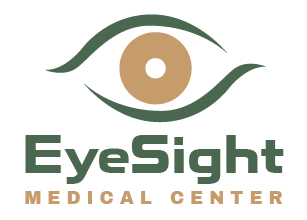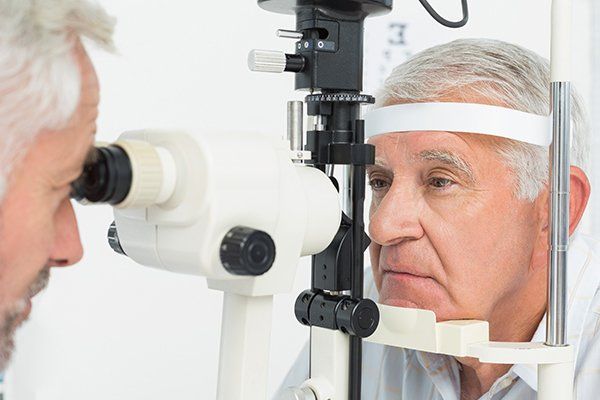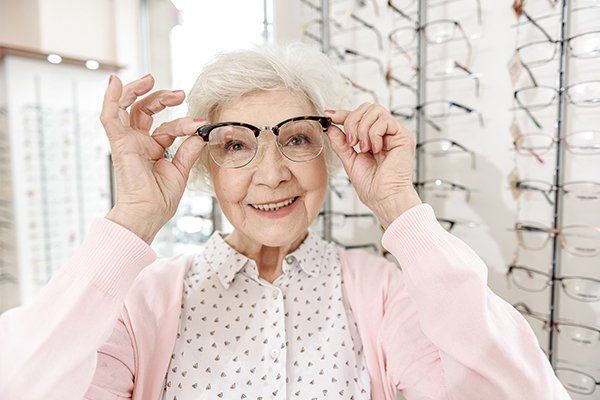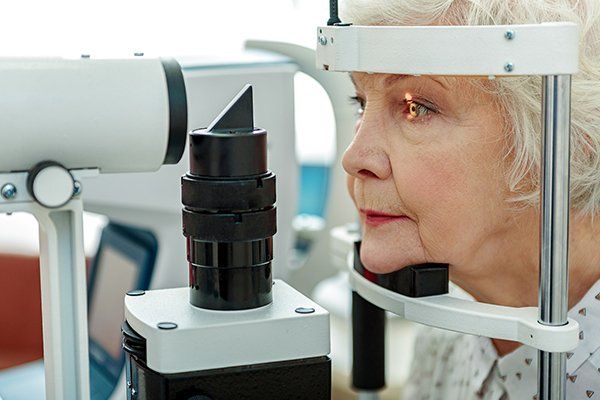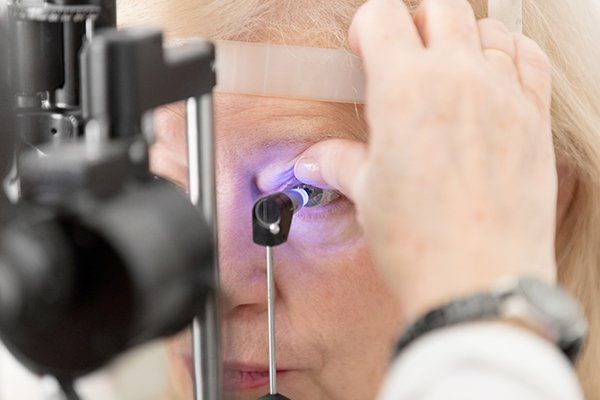Complete Eyecare Services
Dr. Nicholas Stathopoulos and our entire team at EyeSight Medical Center provide advanced vision care in a professional and pleasant environment. Dr. Stathopoulos and our team provides testing and treatment for glaucoma, cataracts, diabetes and macular degeneration. We also offer glasses, contact lenses, and pre-and post-operative care. Call us at 716-837-5200 to schedule an appointment today!
What Is Ophthalmology?
Ophthalmology centers on treating conditions and diseases that affect the anatomy and physiology of the eye. An ophthalmologist cares for both surgical procedures and medical care for the eye. They are experts in dealing with multiple eye diseases and conditions.
Eye Surgery
Eye Surgery Considerations
Our eyes change as we age, so corrective surgeries are not always a good option for everyone. People under 18, for instance, are not suitable candidates for laser eye surgeries because their eyes develop rapidly as their bodies are growing. Health is also an essential factor for eye surgeries. Certain eye surgeries may pose serious risks if you have diabetes or other medical conditions that impact eyesight.
Cataract Surgery
As we age, the lens of one or both eyes eventually gets cloudy, causing blurry vision. This condition is called a cataract. According to the National Eye Institute, more than half of Americans develop cataracts or have had surgery to correct a cataract by the age of 80. Cataracts develop in one or both eyes but do not spread from one to the other.
With cataract surgery, our ophthalmologist removes the inside portion of the cataract and replaces your natural lens with an artificial implant.
Cataract Treatment
Cataract surgery is an outpatient procedure that is generally safe. Your eye will be dilated in the pre-op area. In the operating room you will be given IV sedation so you are comfortable. Usually no sutures or patches are required after surgery. After your surgery you will be discharged home with written instructions and the doctor's cell phone number. The doctor who performed your surgery will then check your eye again the following morning in the office to ensure that everything is healing well.
When the eye surgeon removes your cataract, he implants an intraocular lens (IOL). IOLs come in a wide assortment of materials and functions. Some aid with both near and distant vision, similar to bifocals. Others correct your astigmatism. Our doctor will discuss the best type for you.
If you need cataract surgery in both eyes, we will do one eye at a time, with a healing period in between.
Glaucoma
Glaucoma is a condition identified by excessive pressure in the eye or an enlarged cup in the optic nerve. This irregularly high pressure is caused by fluid buildup in the eye. As pressure increases, it can compress the eye's optic nerve, ultimately leading to vision loss.
Glaucoma Symptoms
Another kind of glaucoma, called acute angle-closure glaucoma, happens very quickly. It is a medical emergency and can lead to blindness if left untreated. If you experience any of the following symptoms, contact our ophthalmologist or visit the emergency room immediately:
- Sudden blurry vision
- Severe eye pain
- Headache
- Nausea or vomiting
- Halos or rainbow-colored rings around lights
- Reddening of the eye
Routine eye exams are crucial and can limit the damage to your vision caused by glaucoma with early diagnosis and treatment. If you experience gradual vision changes, contact us for an eye exam. If your vision changes suddenly, or if you have any other symptoms of acute angle-closure glaucoma, seek immediate care with our eye doctor or at the emergency room. If left untreated, glaucoma can lead to blindness.
Contact our office at 716-837-5200 for professional and compassionate eyecare services.
Diabetes can cause damage within the blood vessels throughout the body and the eyes. Any damage that frequently appears can be found in the eyes first. Because of this, annual eye exams for diabetics are crucial to prevent any permanent visual loss or damage. Conversely, if your eyes are healthy during our retinal exam, then typically the blood vessels throughout the body are usually healthy as well. Early diagnosis and treatment is very important. If you experience any of the following symptoms please contact the office:
- Blurry vision
- Distortion of vision
- Floating spots in your vision
- Difficulty reading
